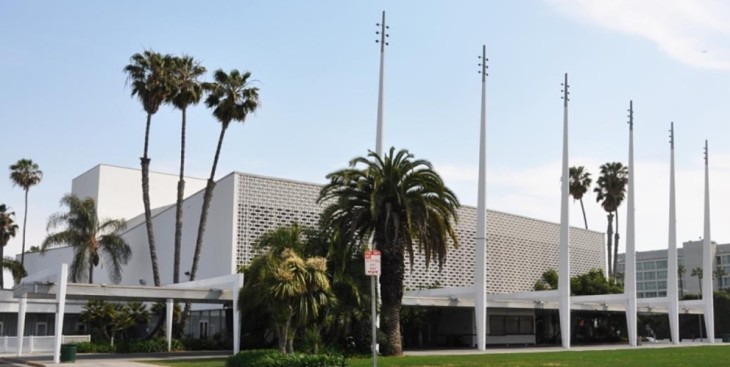By Steve Stajich
A few notes about our experience of life becoming more dependent on video imagery before we go in on police body cameras: It wasn’t all that long ago that something occurred and we didn’t happen to get moving pictures of it. An earthquake or mud slide in a faraway land wasn’t any less devastating to the victims just because there weren’t dramatic images of the event unfolding. A hideous traffic accident wasn’t any less fatal because there was no fiery moving imagery of a truck jack knifing or cars smashing into each other. A fire didn’t do less damage because there was no “film at 11”… and so on.
And then personal events began demanding video confirmation. This past weekend I attended a wedding where, in addition to everyone present making video with their phones, there was also an official videographer who captured each moment as it happened.
It now seems the net impact of events where we personally are not present can, more often than not, only be gauged by our obtaining of video. As this appetite for video confirmation grew in our consideration of the day’s events on the planet, we then moved into a new era of police surveillance; not video taken by police or security cameras of crimes that would later become evidence but rather our surveillance of our police themselves on the job.
The Santa Monica Police Department (SMPD), long renowned for excellent work and impressive response times, has completed a six-month research trial in which select uniformed police and civilian personnel were equipped with BWC’s… body worn cameras. The SMPD has said that the pilot program “offered an opportunity for SMPD to study the technology, to assess its usefulness in the community, and determine its ability to enhance the Department’s goals and objectives.”
SMPD is now calling for community input. You can weigh-in at santamonicapd.org/bodyworncamera. Looking through the questionnaire, I noticed that the word “trust” appeared a few times. Is the growing emergence of BWC’s everywhere a signal that trust is simply no longer enough? And if trust is becoming naïve or quaint, is creating video of every interaction we have necessarily going to improve our lives?
It wasn’t that long ago that so-called “nanny cams” came to the fore, prompted by fears that life had changed such that you couldn’t just trust a good babysitter anymore. Now they needed to be surveilled by cameras hidden in teddy bears and clocks. Home security now includes video surveillance that interacts with our phones; TV ads represent that you can be on vacation and check your home and even shout “Hey, you burglars, get out of my house!” as you nervously spill your margarita all over your swimming suit. Some vacation!
At the risk of over-reaching, let’s bring this down to a more personal level: Should parents insist that the limo driving their teenagers to and fro on prom night be equipped with video cameras? Maybe I missed a few things in high school, but wasn’t “prom” a night where parents exalted in the maturity of their children and wasn’t trust a part of that rite of passage?
Are we now just skipping over the development of trust at what appears to be every level of social interaction and in doing so exploring whether those who are well-trained and screened to enforce our laws and bring order when chaos erupts must be monitored by video? I get that a camera is fixed on the cash register at a convenience store. But are we going to just keep going? Rest rooms, class rooms, the bodies of everyone who interacts with the public?
Stressed American cities are recognizing that racial tensions are not an antiquated thing of the past, post-Obama. But incidents of wrong-doing on tape won’t cure us of the emotions that can lead to tragedy. That’s all internal, not external like a BWC. The work needed there runs deeper than a video chip.
I am uncomfortable with any thinking that because law enforcement officers have been implicated in other cities, therefore that kind of behavior is destined to emerge in our own SMPD. And that’s because I’ve never experienced unfairness or rash judgement in any of my own interactions with Santa Monica Police or any California law enforcement. Of course, your own experience may vary. But ask yourself if any of that unpleasantness, whatever it might have been, would never have emerged if you could just “go to the tape.” The definition of humanity includes words like “humaneness, fraternity, and benevolence.” If all that is seriously breaking down in Santa Monica let me know. Because maybe I want you to wear a camera.



























